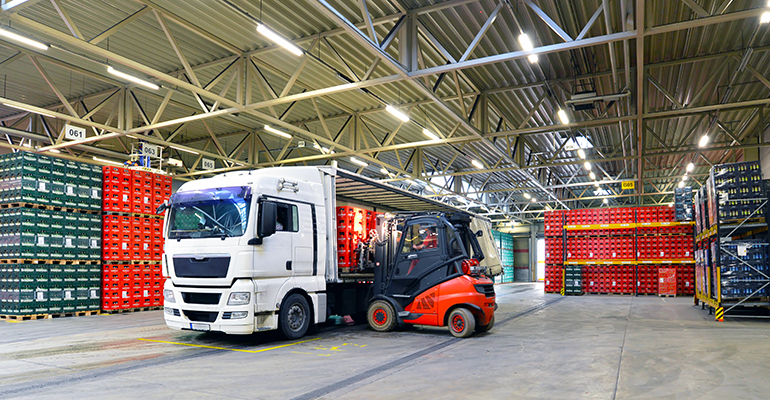News
What can food manufacturers do to weather rising energy costs?
30 Nov 2022
Europe’s agri-food sector must take priority if governments start rationing gas supplies, say three trade associations have said. What can food manufacturers do to weather rising energy costs?
The cost of energy crisis continues to have an impact on Europe’s food industry. Recently, the German Confectionery Industry issued a warning that jobs may be at risk while the British Frozen Food Association launched initiatives to help members with soaring gas and electricity costs.

The British Egg Industry Council said that energy prices, coupled with one of the worst-ever outbreaks of avian flu in the UK, has led supermarkets to ration eggs.
“Many egg farmers have had no choice but to cease production rather than face the risk of losing money on every egg they produce,” it said. “While we expect supply to return to normal once cost pressures ease, we don’t know when this will be, and egg packers and producers continue to lose money,” added Andrew Joret, chairman of the British Egg Industry Council.
Agri-food chain associations join voices of discontent
Three other associations – Primary Food Processors, FoodDrinkEurope and Copa-Cogega – have called for the prioritisation of the agri-food sector when it comes to gas supplies if European Union member states introduce rationing.
“Cost increases were initially due to a post-Covid rebound in demand, and supply chain constraints, but they have been severely exacerbated by the Russian invasion of Ukraine,” said a statement from the organisations.
The three organisations also urged the commission to support member states and intervene to bring energy prices down.
Suggested areas to address included increasing liquidity on energy markets, diversifying energy supply, boost sustainable energy generation, and support the competitiveness of operators.
Countries like Germany and the UK are receiving national energy support to protect production, while Belgium is benefiting from a reduced VAT rate for electricity and gas.
Meanwhile, The Netherlands has introduced the Compensation Energy Costs (TEK) scheme that partially compensates energy-intensive companies for the higher electricity prices.
 © AdobeStock/weerapong
© AdobeStock/weerapong
Preparing for a winter of energy rations
However, the soaring coasts and unpredictability of energy prices in relation to global events is adding to the uncertainty for EU food producers, making planning all the more difficult.
This is in anticipation of mandatory cuts in energy use that can't be ruled out this winter alongside concerns about longer-term gas supply, which continue to linger.
A new report from Dutch bank ING delves deeper into this issue, highlighting concerns about gas supplies, which it says is a serious downward risk for companies that use gas for generating heat in their production processes, especially if they have limited options for fuel switching.
“Food processing plants that use other energy sources, such as coal, oil or woodchips, are currently better positioned and often run at full capacity even though their energy inputs are generally less sustainable.
“Another risk is that EU member states are supposed to reduce electricity demand during peak hours between 1 December 2022 and 31 March 2023. This could force companies to shift more production toward night or weekend shifts or reduce output in case this is not possible.”
 © AdobeStock/industrieblick
© AdobeStock/industrieblick
A plan of action for food manufacturers
The report’s author Thijs Geijer, senior sector economist at ING, outlined a number of actions that food manufacturers can take to weather the high energy prices in preparation for a difficult winter.
This includes the optimisation of energy use and energy costs by shifting some production to facilities with the lowest energy costs for example.
Another strategy is to adapt contracts to reduce energy price risks. “Price escalation clauses can be a way to pass on energy price increases to customers,” Geijer said.
“This only works when customers are very dependent on a certain supplier or are working with strategic partnerships focused on long-term continuity,” he added.
Geijer also suggested the switching of fuel in production processes to reduce dependency on gas, for example with investments in solar panels or biogas installations.
